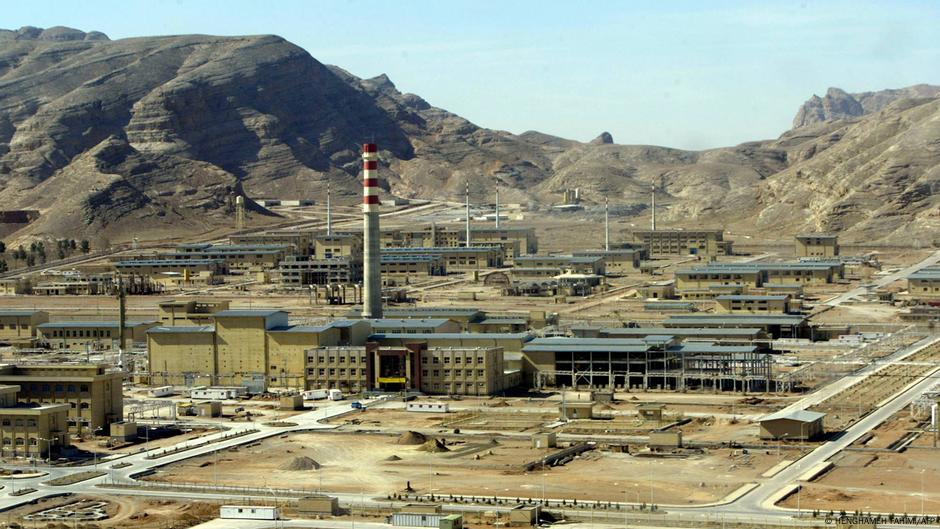The statement comes in defiance of US President Donald Trump’s threat to order fresh attacks should Tehran try to repair the four sites hit, including the Natanz uranium enrichment complex and Isfahan nuclear power plant.
Iran has been in an on-off confrontation with the West over its nuclear program for more than two decades, since secret enrichment sites were exposed.
What did the Iranian president say?
During a visit to the country’s nuclear agency, Pezeshkian said Iran would “not be set back” in rebuilding the damaged sites.
“Destroying buildings and factories will not create a problem for us,” he said. “We will rebuild and with greater strength.”
He stressed once again, in a video posted to social media, that Tehran was not pursuing a nuclear weapons program and insisted its plans were purely civilian in nature.
“It’s all intended for solving the problems of the people, for disease, for the health of the people,” Pezeshkian added.
Why did the US, Israel attack Iran’s nuclear program?
Iran’s nuclear program has defied Western scrutiny since 2003, when covert enrichment facilities were uncovered, sparking two decades of sanctions, sabotage and failed talks.
Tensions had been building this year after Iran enriched uranium to 83% purity in April — far beyond civilian needs and also well below the level needed for nuclear weapons. Tehran then expelled IAEA inspectors in May, prompting threats from the United States and Israel.
Israel views Iran’s nuclear program as an existential threat and in June, waged a 12-day war against the Islamic Republic, targeting Iran’s nuclear facilities, with the help of US B-2 bombers that can reach deeply buried sites.
Trump claimed at the time that Iran’s nuclear program had been destroyed, while Tehran spoke of severe damage.
There is no independent assessment of the destruction as Tehran has ceased all cooperation with the International Atomic Energy Agency (IAEA).
Mediator Oman pushes for fresh talks
On Saturday, Iran’s traditional intermediary, Oman, urged Washington and Tehran to resume talks to resolve the longstanding standoff.
“We want to return to the negotiations between Iran (and) the United States,” Omani Foreign Minister Badr Albusaidi said at a conference in Bahrain.
Oman hosted five rounds of US-Iran talks this year. Just three days before the sixth round, Israel launched its strikes on Iran.
To add pressure, UN sanctions on Tehran were restored in September after Britain, Germany and France triggered the “snapback” mechanism over Iran’s alleged non-compliance with the 2015 nuclear deal, agreed with global powers.
Under the deal, Tehran had committed to limiting its nuclear program, but relaunched uranium enrichment after Washington withdrew from the agreement in 2018 during the first Trump administration.
Edited by Sean Sinico
